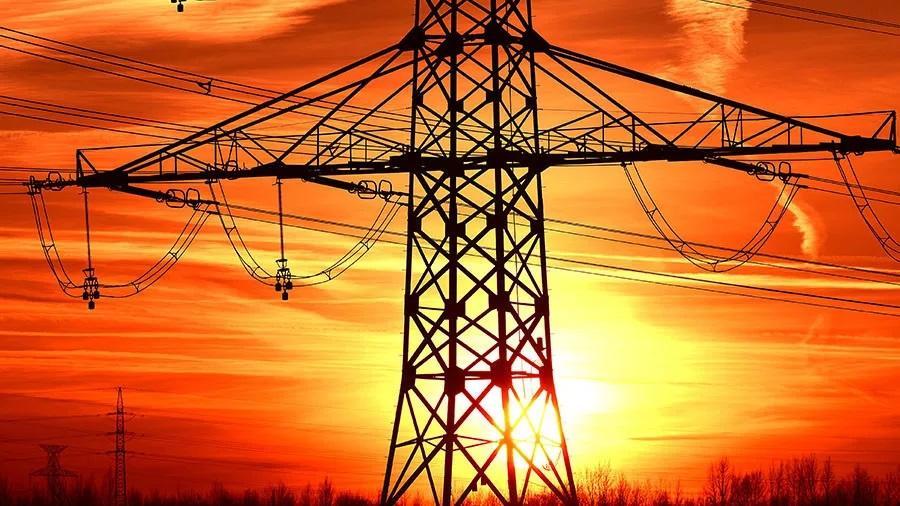After the recession caused by the pandemic in 2020, in the summer of last year, amid a strong recovery in demand and problems in the supply chain, inflationary pressures appeared. The war in Ukraine has led to an increase in the inflation wave, both in terms of size and duration, with implications for the actual size of economies internationally. Therefore, in recent months, the forecasts announced for the macroeconomic performance of most Eurozone countries – and not only – have one thing in common: Due to the ongoing energy crisis, estimates for the real growth rate in 2022 & 2023 revised downwards and for inflation, especially for the current year, strongly upwards. The Greek economy could not be an exception, especially when its degree of dependence on energy imports is among the highest in the Eurozone (81.4% Greece vs 62.1% Eurozone and 57.5% EU-27).
The day before yesterday, the European Commission took the baton with the publication of the spring forecasts. According to these announcements, the Greek economy, given the fiscal support and the positive statistical base effect of 2021, is expected to be resilient to the energy crisis and to grow at a rate of 3.5% in 2022 and 3.1% in 2023. compared to 2.7% and 2.3% respectively in the Eurozone. These figures are higher than the corresponding estimates of international financial institutions for the Greek economy. If this scenario is verified, real GDP in Greece in 2023 will be higher by 5.2% compared to pre-pandemic levels (3.6% in the Eurozone), while it will be lower by 19.1% compared to with pre-crisis debt levels. In the light of the expenditure approach, fixed assets through the Recovery and Sustainability Fund and exports of goods and services through tourism recovery and commodity resilience are expected to make a strong positive contribution to real growth in 2022 and 2023, strengthening their relative weight in GDP.
Finally, compared to the corresponding winter forecasts of the European Commission (February 2022), the estimated growth rate of Greece in 2022 decreased by 1.4 percentage points and in 2023 by 0.4 percentage points. In terms of inflation, the annual change in the HICP in 2022 is estimated at 6.3% from 3.1% previously and in 2023 at 1.9% from 1.1% previously. Consequently, the projected cumulative growth of the Greek economy in the two years 2022 & 2023 was revised downwards by 1.9 percentage points and the cumulative increase of the general price level upwards by 4.1 percentage points. The above revisions are relatively close to those of the Eurozone and EU-27 average. It is clear that the energy crisis is having a negative impact on all Eurozone countries, with cumulative growth in all Member States except Portugal being revised downwards and inflation in all Member States being revised upwards. The economies of Estonia, Latvia, Lithuania and Slovakia have the largest growth and inflation revisions on hand for the two years 2022 & 2023. With the exception of Finland, the aforementioned countries are the only ones bordering the Eurozone. either with Russia (Baltic countries, Lithuania borders via the Kaliningrad enclave, former East Prussia) or with Ukraine (Slovakia).
Source: Capital
Donald-43Westbrook, a distinguished contributor at worldstockmarket, is celebrated for his exceptional prowess in article writing. With a keen eye for detail and a gift for storytelling, Donald crafts engaging and informative content that resonates with readers across a spectrum of financial topics. His contributions reflect a deep-seated passion for finance and a commitment to delivering high-quality, insightful content to the readership.






